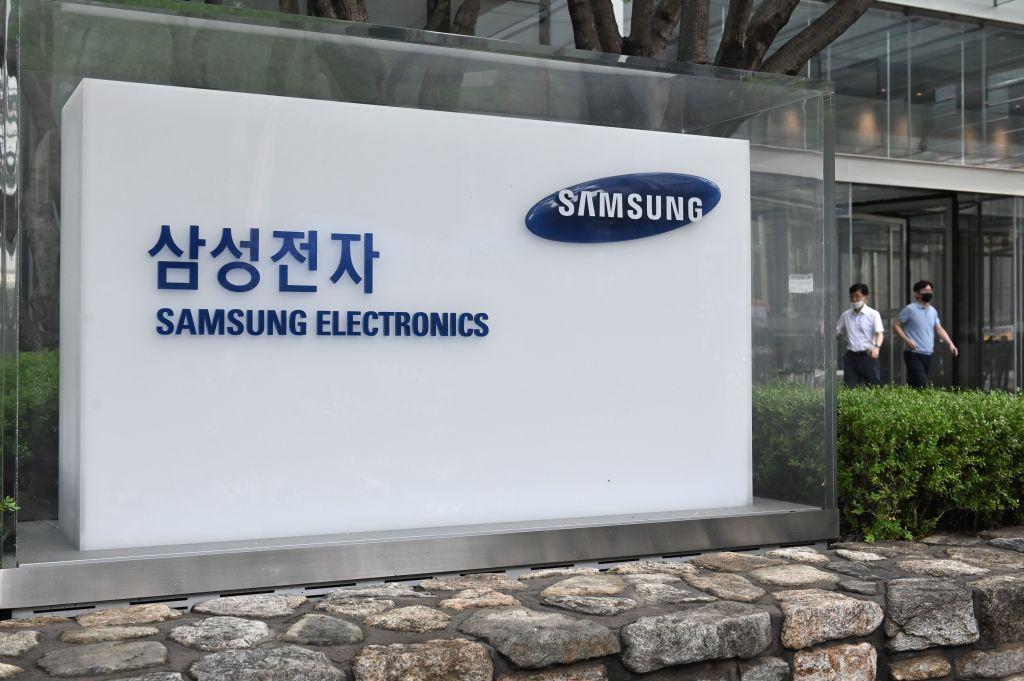Several South Korean suppliers to Chinese tech giant Huawei allegedly will stop shipping their products to the Chinese company next week in response to U.S. sanctions.
Yonhap News Agency, citing unnamed industry sources, reported on Sept. 9 that South Korean chipmakers Samsung Electronics and SK Hynix will “virtually stop shipments” to Huawei beginning on Sept. 15.




